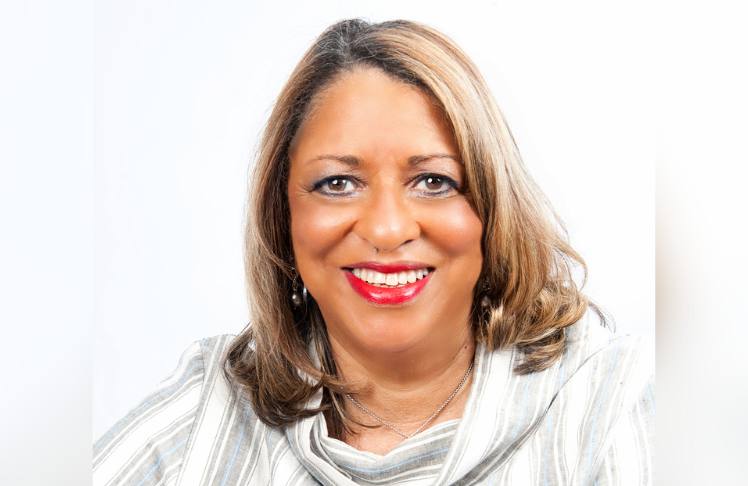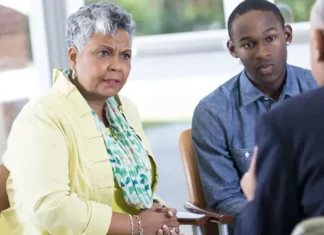
By LCB Board Member Ollie Garrett
On Monday May 1, Gov. Inslee signed a bill to increase diversity within Washington’s regulated cannabis industry. The bill, E2SSB 5080, was proposed by the Liquor and Cannabis Board as the next step in our Social Equity Program to create business opportunities for people from communities disproportionately harmed by the war on drugs.
Business Perspective
I have served on the Board of the LCB since 2016 and saw my appointment as a way to bring my passion for economic change in communities of color to the industries we regulate.
System’s Lack of Diversity
When voters approved Washington’s regulated system of adult-use cannabis in 2012, the initiative didn’t include any provisions for addressing racial or economic disparities or disproportionate impacts from the war on drugs. That was a lost opportunity. In 2019, after five years of retail sales, the Board took stock of the state of the regulated marketplace and it was clear that this new dynamic and booming industry lacked diversity.
Only a small percentage of license holders identified as people of color according to our data, which only contained self-identified racial descriptions submitted as part of license applications.
The effort to bring social equity to the cannabis industry became a priority for the LCB, not just the board, but also for staff throughout the agency. We assumed the task of building on to what voters had approved. In 2020, we submitted agency-request legislation to increase racial minority representation within the system. That bill, which became law, created a Cannabis Social Equity Program. Importantly, it authorized the LCB to issue retail licenses to those that met the criteria for a social equity retail license. The LCB has held in reserve approximately 46 retail licenses – previously forfeited, cancelled, etc. – that will be available this year as part of the Social Equity program.
Social equity goals are outlined in the law as including “increasing the number of cannabis retailer licenses held by social equity applicants from disproportionately impacted areas and reducing the accumulated harm suffered by individuals, families and local areas subject to severe impacts from the historical application and enforcement of cannabis prohibition laws.”
The legislation also created the Social Equity in Cannabis Task Force, upon which I served as a member. Key among the Task Force’s mandate was to recommend criteria for social equity applicants.
Listened to the Community
That year, the LCB launched a concerted effort to hear directly from the community. We held a series of facilitated meetings. At these well-attended events, we heard first-hand from people who believed they were left out of the system despite their communities being disproportionately harmed by the war on drugs.
Informed in part by that and other community input, our program today has a system that awards points to applicants for a variety of experiences, including living in a historically economically distressed area, convictions related to the war on drugs or experience in the medical cannabis industry that predated passage of the initiative that legalized recreational cannabis.
System Today
I am proud to say that Washington’s Social Equity Program is fully in place. The LCB Licensing Division worked with partners to code income and other demographic data into census tracts from 1980-2010 to determine those areas that were historically economically distressed and the most impacted by the War on Drugs. The maps are a key tool for identifying whether an applicant qualifies for a license under the social equity program.
The application period closed last week and submissions are being reviewed and scored by an independent third party which later this year will select successful applicants. It will be great progress to see licenses that the LCB has held in reserve go to social equity applicants. But we know there’s much more to do.
That brings us back to the bill Gov. Inslee signed into law.
The LCB’s Social Equity Program is limited by the fact that currently authorized social equity licenses are tied to specific local jurisdictions, some of which have a ban or other restriction that will make those licenses effectively unusable. We proposed this year’s bill, E2SSB 5080, to expand the scale of our program and to show our commitment to bringing equity to the cannabis industry. The bill, sponsored and championed by Sen. Rebecca Saldana, will allow additional retail stores over time, and allow social equity licensees more flexibility to locate a store while also maintaining local control over zoning and outlet density.
With Gov. Inslee’s signature, the LCB will have new business opportunities to for those harmed by the war on drugs and to help us all right a past wrong.
Ollie Garrett is a small business owner, Liquor and Cannabis Board member, and President of Tabor 100.



